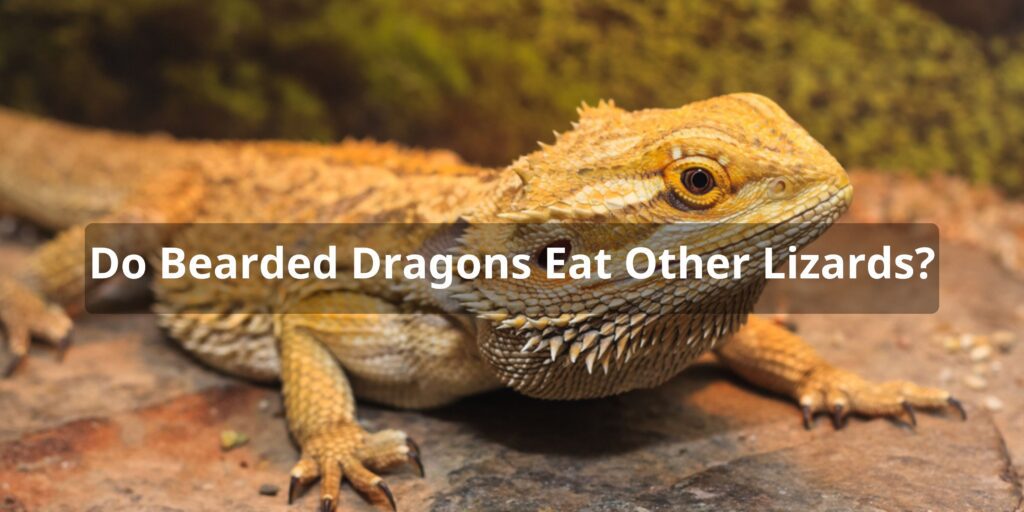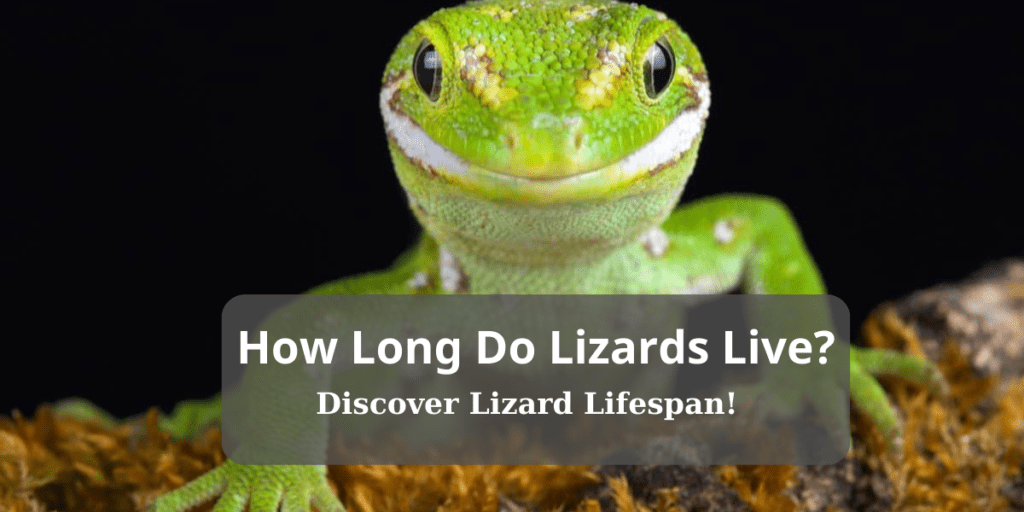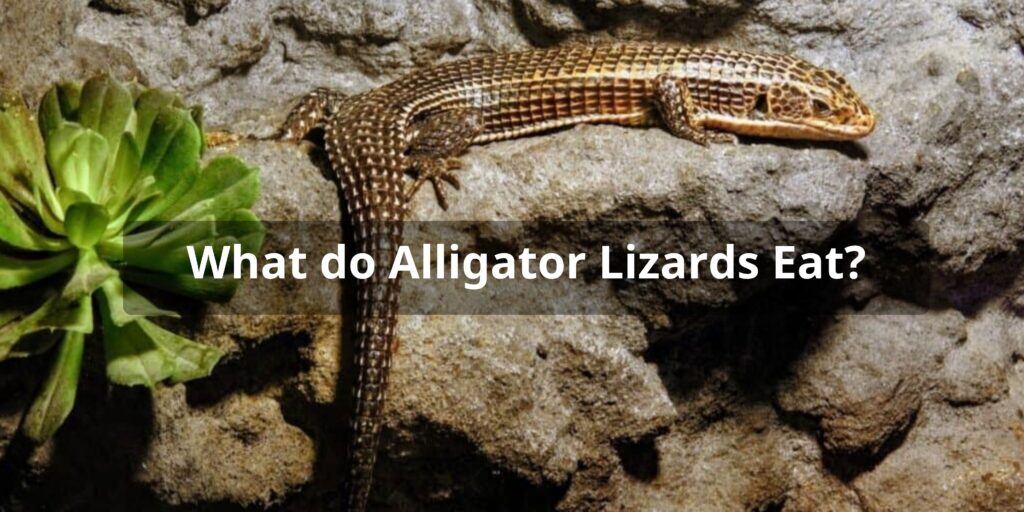Bearded dragons are fascinating reptiles known for their unique appearance and interesting behaviors. As omnivores, they have a diverse diet that consists of both plant matter and animal protein. While their primary food sources typically include insects, vegetables, and fruits, there is a curiosity about whether bearded dragons eat other lizards. In this article, we will delve into the topic and provide a detailed understanding of the feeding habits of bearded dragons concerning other lizards.
Bearded Dragons: Natural Diet and Preferences
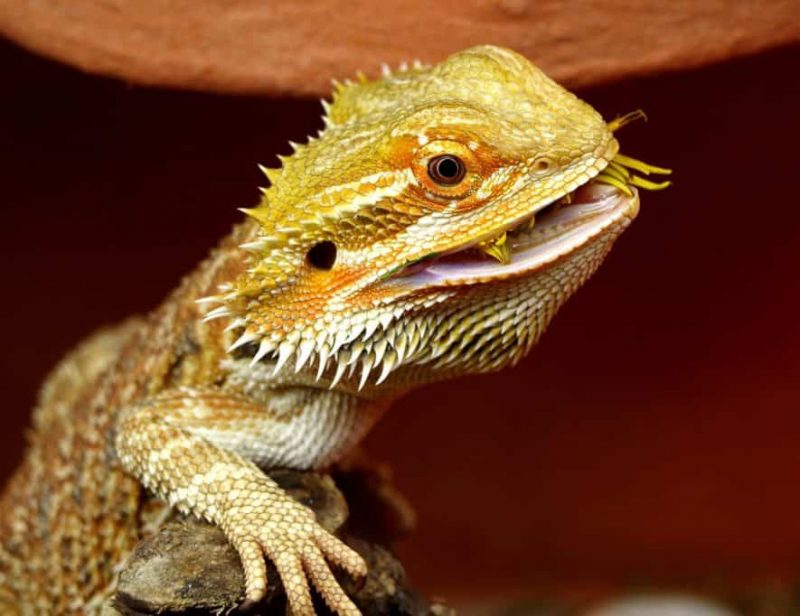
Before exploring the specific question at hand, it is necessary to establish the natural diet and preferences of bearded dragons. In their native habitats of Australia, these reptiles primarily consume insects such as crickets, mealworms, and roaches. They also feed on various vegetation, including leafy greens, flowers, and fruits. This comprehensive diet ensures that bearded dragons receive the necessary nutrients for their growth and overall well-being.
Understanding the Carnivorous Aspect
While bearded dragons are considered omnivores, they do exhibit carnivorous tendencies, particularly during their juvenile stage. Young bearded dragons showcase a higher inclination towards consuming animal protein to support their rapid growth. At this stage, they actively hunt and prey upon small insects and invertebrates. However, as bearded dragons mature, they tend to shift their dietary preferences towards a more herbivorous approach.
Do Bearded Dragons Consume Other Lizard Species?
Although bearded dragons possess the capability to devour various types of prey, including small rodents and birds, their inclination towards eating other lizards is relatively rare. While some reports and observations suggest instances of bearded dragons preying upon smaller lizard species, these occurrences are not common and can be considered exceptions rather than the norm.
The primary reason behind this behavior is the territorial nature of bearded dragons. These reptiles establish their territories and defend them against intruders, including other lizards. Hence, their natural instinct is not to view other lizards as potential food sources but rather as competitors for resources and territory.
Factors Affecting Feeding Habits
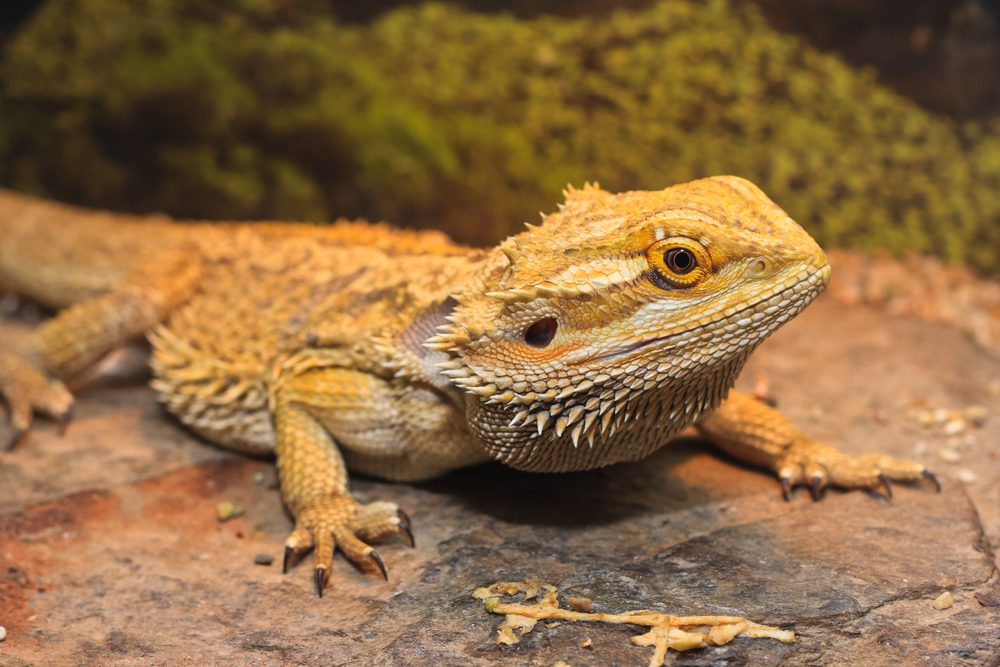
Several factors influence the feeding habits of bearded dragons when it comes to consuming other lizards. These factors include:
1. Size Disparity
One significant factor is the size disparity between bearded dragons and other lizard species. Bearded dragons are larger in size and tend to target prey that they can easily overpower and consume. Smaller lizard species may not be perceived as viable prey due to their size, reducing the likelihood of bearded dragons attempting to eat them.
2. Availability of Alternative Food Sources
Another crucial aspect is the availability of alternative food sources. As mentioned earlier, bearded dragons have a diverse omnivorous diet with access to various insects, vegetation, and fruits. With an abundant supply of alternative food options, bearded dragons are less likely to resort to consuming other lizards.
3. Behavioral Instincts
The behavioral instincts of bearded dragons also play a role in their feeding habits. Their territorial nature often leads to aggression towards other lizards, but this aggression is primarily focused on maintaining territory rather than seeking them out as food sources.
Conclusion
In conclusion, while bearded dragons possess carnivorous tendencies during their early stages of life, their inclination to consume other lizard species is relatively rare. Their diet predominantly consists of insects, vegetables, and fruits, providing them with the necessary nutrients for their growth and overall health. Factors such as size disparity, availability of alternative food sources, and territorial instincts contribute to their limited consumption of other lizards. It is important to note that individual behaviors may vary, but as a general rule, bearded dragons do not typically eat other lizards.
FAQs about Bearded Dragon Diet
Do bearded dragons eat other lizards?
Bearded dragons primarily consume insects, vegetation, and flowers. While it’s not common for them to eat other lizards, instances of such behavior are rare, especially in the wild.
Can bearded dragons eat smaller lizard species?
Bearded dragons generally focus on insects, greens, and fruits. Eating smaller lizard species is not a typical part of their diet, and they are more inclined towards their natural food sources.
Is cannibalism common among bearded dragons?
Cannibalism is infrequent among bearded dragons. They tend to display territorial behaviors instead of preying on each other, making such behavior uncommon in their natural environment.
Have there been cases of bearded dragons eating lizards?
Instances of bearded dragons consuming other lizards are rare, and they often occur in captivity rather than in their natural habitat. Their diet primarily consists of insects and plant matter.
Can keeping multiple bearded dragons lead to predation?
Multiple bearded dragons housed together might display territorial behavior, but actual predation among them is unusual. Providing ample space and separate enclosures can help minimize aggressive tendencies.
How can I prevent aggression between my pet lizards?
To prevent aggression, ensure each lizard has sufficient space and its own territory. Providing hiding spots, basking areas, and separate feeding stations can help reduce territorial disputes.

